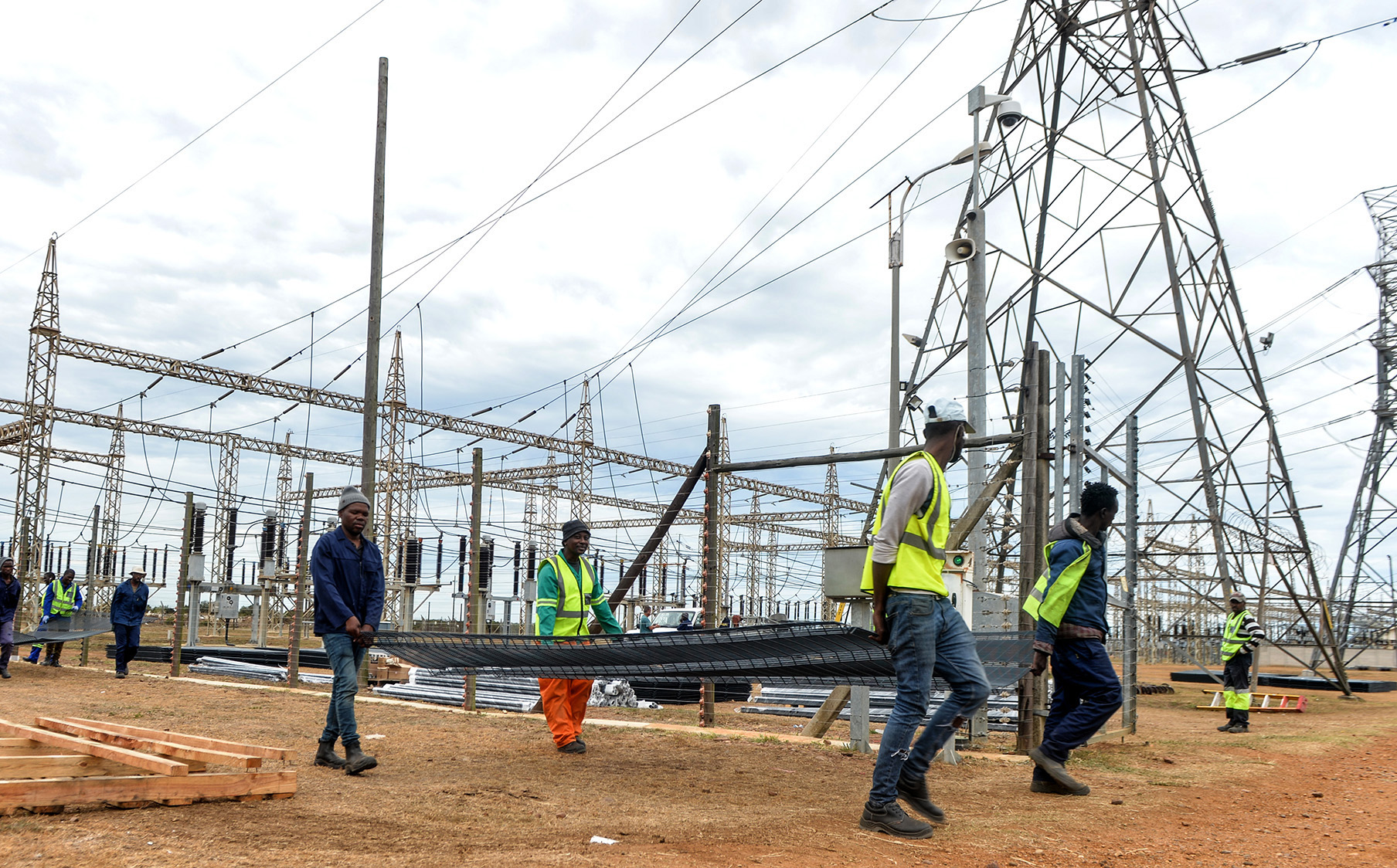The Absa Purchasing Managers’ Index (PMI), a key gauge of confidence in the manufacturing sector, ended 2024 on a sour note as it posted a decline of 1.9 points in December to 46.2, taking it further into negative territory below the neutral 50 mark.
Worryingly, the PMI’s average for the fourth quarter (Q4) of 2024 was 49 points compared to 49.8 in Q3, when South Africa’s economy unexpectedly contracted 0.3%.
Read more: SA’s GDP growth wilts as agriculture suffers fall of almost 30%
This raises the spectre of a possible recession, defined as two consecutive quarters of economic contraction. Having said that, it should be noted that the PMI’s Q4 average was slightly above its Q1 and Q2 average levels, when the economy respectively flat-lined and then grew a tepid 0.3%.
And it was the agricultural sector’s almost 30% output plunge in Q3 that knocked the economy into contraction.
Still, the data is the latest indication of an economy failing to gain traction despite the end of the rolling nationwide power cuts in March last year, the subsequent formation of the Government of National Unity (GNU) and slowing inflation and falling interest rates — all of which have sparked hopes for a recovery.
“... some respondents noted that conditions in December 2024 were worse than usually seen in December. In addition, export sales dropped sharply and fell back to levels last seen in the first half of 2024,” Absa said.
This is concerning as this is a period that is often buoyant.
“The latest PMI reading is disappointing. It represents the second consecutive monthly decline during a period in which activity usually sees a boost and indicates a reversal of the upward momentum seen in September and October,” Jacques Nel, Head of Africa Macro at Oxford Economics Africa, said in a note on the data.
Most of the sub-indices painted a grim picture.

“The business activity index decreased by 8.7 points to 40.3 in December. The pullback in production came on the back of a sharp fall in demand. The new sales orders index fell to 37.4 points from 45.9 in November... In addition, export sales dropped sharply and fell back to levels last seen in the first half of 2024,” Absa said.
On a positive note, the sub-index measuring expected business conditions in six months time rose 5.2 points to 67.6 in December — a signal that most manufacturers expect an improvement by the second half of 2025.
That remains to be seen as there are few rays on the horizon suggesting a GNU dawn for the manufacturing sector.
ArcelorMittal South Africa’s announcement this week that it will shut its loss-making long steel operations in Newcastle and Vereeniging is a fresh blow to the industry, and another signpost that the economy remains on the potholed path of deindustrialisation.
Read more: ArcelorMittal woes add to SA’s alarming deindustrialisation
And plenty of other headwinds are looming. The global economic recovery remains fragile while the incoming Trump administration in the US threatens to trigger a new round of bitter trade wars and geopolitical storms.
Eskom has mostly been keeping the lights on, but South Africa’s key manufacturing sector and the wider economy are still flickering like a fading lamp. DM
Business Maverick
Absa PMI declines further into negative territory in December
The Absa PMI remains in the doldrums, a reflection of ebbing confidence in the manufacturing sector which could signal that South Africa’s economy tipped into a recession in the last quarter of 2024.





